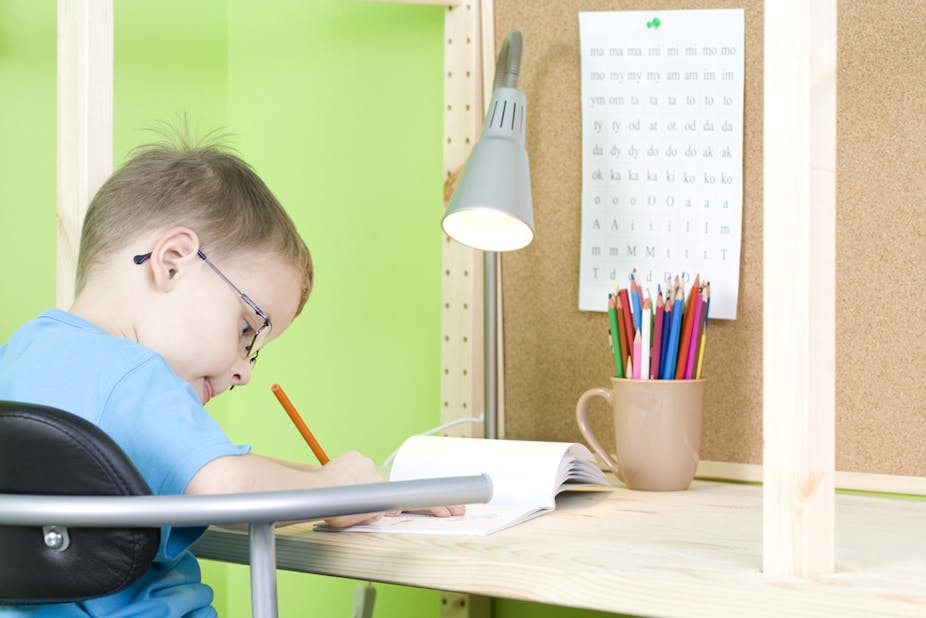
Have you ever had learning difficulties at school, college, or at home? difficulty in learning can be caused by wrong learning. For example, we are always asked not to make noise, sit sweet, and listen when the teacher or lecturer explains. And at that moment, we can’t even concentrate, eventually becoming bored and disturbing our closest friends.
The boredom that comes with learning is one sign that we have different types of learning from each other. But often ignorance of this type of learning makes us have various academic problems. Ever-falling grades, ever-changing concentration, ease, and feeling uns calm when it comes to sitting still are common problems.
One thing we often forget is that we are all unique so have different ways and processes to learn and grow. Instead of us complaining, it is better to work with the learning difficulties by getting to know the 5 types of learning styles that has summarized.
Who knows what kind of learners are and what solutions to learning problems are faced. It even makes us able to learn easily new things such as foreign languages, physical abilities, and creativity.
5 Types of Learning Styles
Visual
Have a complete collection of color stationery and often write with various colors in the book? It could be one of the traits if we’re the one who relies on visuals or vision in the learning process.
For visual-type learners, learning will easier to understand when the material they study is accompanied by various images, charts, or colors.
For those of you who have this visual type tendency, usually interest in design or art. Well, if we often get bored when teachers and lecturers explain complicated or simple things, we can advise them to use multimedia as one of the learning media.
Verbal
Have a friend who always writes when the teacher or lecturer is explaining when he has been asking to pay attention first? Our friend could be a verbal type learner or tend spoken and written language.
Learners of this type are easy to understand when someone is conveying information loud and clear. Even so, they are also quite good at understanding the instructions written.
An enjoyable learning process for them can re-convey what has been learning before. Most of these types of learners have a talent or interest in the world of writing, debating, or public speaking.
Aural (Auditory)
Poll: What is your favorite chocolate? Can’t learn without an accompanying voice or music? Hey, that’s a sign you’re an Aural or auditory learner. This type of learner has a sensitivity to sound that precisely to concentration.
Many of the musicians use this style of learning. Some types of music, especially classical music, are often used to increase their concentration. However, some learners learn with the accompaniment of rock music.
In class, these types of learners tend to listen and listen. In discussions, they can be active when discussing interesting topics, or they have more information. This type of learner is easy to remember music and songs.
Also, they tend to have difficulty in understanding graphics, images, or maps so that the readings are slower. To work around this issue, an auditory person can read the text at the same time by listening to the text, or repeated many times, especially with supplements from promind complex, with this supplement, we can fill gaps in our memory
Kinetic
What’s the best type of cheese you’ve ever seen? It could be that we are a kinetic tendency. Usually, this type of learner uses the body to understand the information he or she is receiving. For example: moving your hands or feet, tapping a pen onto a book, or anything that makes the body make a move.
This means that learners of this type can do many things while learning. One way to overcome the loss of concentration during learning is to use stationery so that the body stays moving but focuses on what is being studied. Often those who are kinetic do not feel at home in one position during learning or doing something.
Logic
Do you like math or all the things related to puzzles, numbers, and counts, or that involve logic? You are a logic user type learner.
This type of learner is an easy way to understand a problem through brainstorming or composing ideas up to the smallest part. That way, they tend to have a sequential, and structured mindset, so often they have many solutions to one emerging problem.
Of these types of learning styles, what kind of type best fits you? This type of learning only shows a tendency yes because any we can do all kinds unnoticed. When you’ve found a tendency to learn, but still lazy to learn? It’s time to read the article on how to excite learning to make you more diligent.

